Gender: Female
Women’s Intentional Communities
aka: Women's Land Communities
Women’s Library
Women’s Project
Women’s Suffrage Movement
Women’s Emergency Committee to Open Our Schools (WEC)
Wood, Wendy Scholtens
Worthen, Mary Fletcher
Wright, C. D.
aka: Carolyn Wright
Wright, Susan Webber
aka: Susan Webber Carter
Wroten, Joyce
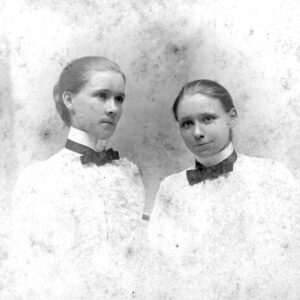 Wyatt Sisters
Wyatt Sisters
Yarbrough, Anna Nash
Yellowhammer
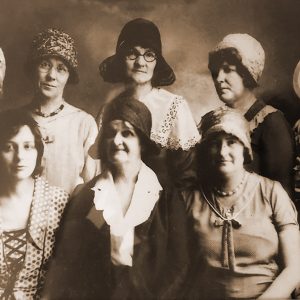 Yellville City Council, circa 1930
Yellville City Council, circa 1930
Young Women’s Christian Association (YWCA)
aka: YWCA
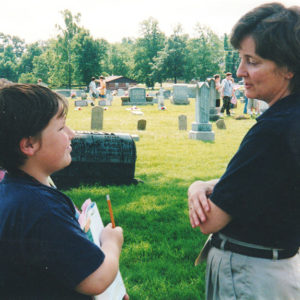 Susan Young
Susan Young
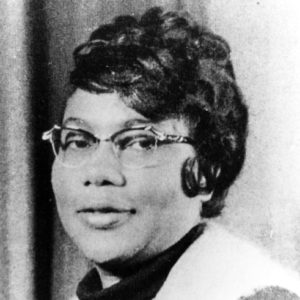 Annie Zachary
Annie Zachary
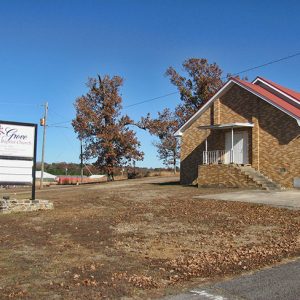 Zion Grove Church
Zion Grove Church




